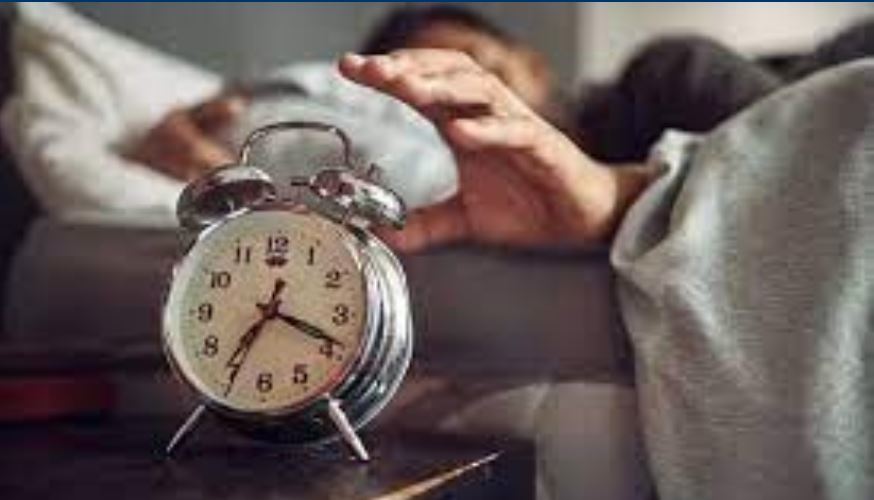Why snoozing may not be bad for health as thought
Researchers from Stockholm University investigated how common snoozing is and what effects this behaviour has on sleep, sleepiness, mood and cognitive abilities.
London: It is often claimed that using the snooze button can have negative effects on sleep and cognitive processes, but there has been no direct evidence to this effect.
New research shows that snoozing may actually support the waking process for regular snoozers.
Researchers from Stockholm University investigated how common snoozing is and what effects this behaviour has on sleep, sleepiness, mood and cognitive abilities.
Their findings, published in the Journal of Sleep Research, shows that those who snooze on average sleep slightly shorter and feel more drowsy in the morning compared to those who never snooze.
But there were no negative effects of snoozing on cortisol release, morning tiredness, mood, or sleep quality throughout the night, said lead author Tina Sundelin, researcher at the varsity.
The team conducted two studies. In the first study, 1,732 individuals answered questions about their morning habits, including how often they use the snooze button. Many reported snoozing regularly. This behaviour is especially common among young adults and evening people.
The most common reason for snoozing is feeling too tired to get out of bed when the alarm goes off.
In the second study, 31 regular snoozers spent two nights in a sleep lab in order to measure their sleep in more detail. One of the mornings they were allowed to snooze for 30 minutes and the other they had to get up right when the alarm went off.
The results are calming for those who snooze. Even though participants’ sleep was disturbed during the half hour of snoozing, most of them still got quite a lot of it — more than 20 minutes.
This means that their total night’s sleep was barely affected. Furthermore, in the snooze condition no one had to wake up from deep sleep, and the snoozers performed a bit better on cognitive tests right upon waking.
Meanwhile, there were no clear effects of snoozing on mood, sleepiness, or the amount of cortisol in the saliva.
“Our study shows that half an hour of snoozing does not have negative effects on night sleep or sleep inertia, the feeling of not quite being alert in the morning. If anything, we saw some positive outcomes, such as a decreased likelihood of waking from deep sleep. When participants were allowed to snooze, they were also a bit more quick-thinking right when they got up,” .
However, Sundelin said “it’s of course important to remember that the study only included people who are regular snoozers and find it easy to go back to sleep after each alarm”.
“Snoozing is most likely not for everyone,” she said.




 Ms Kalinga
Ms Kalinga